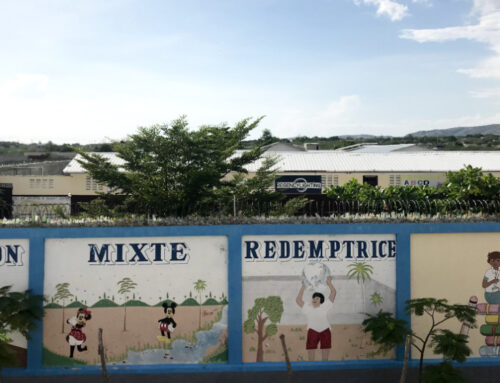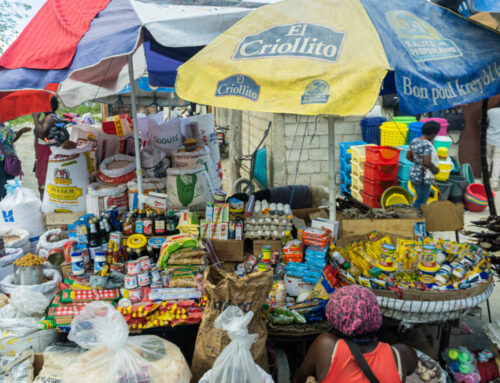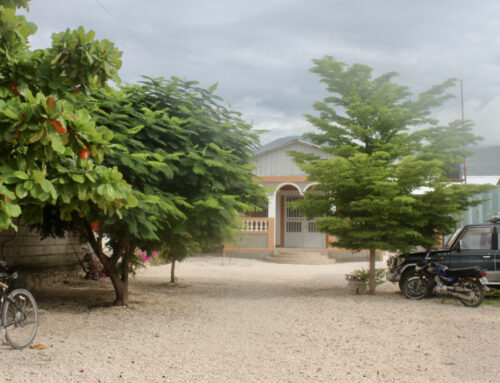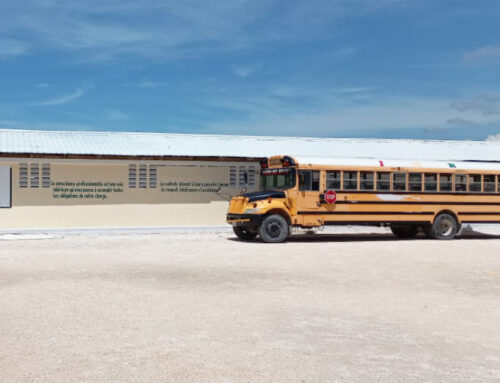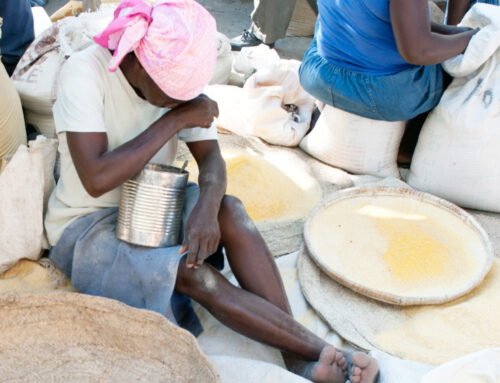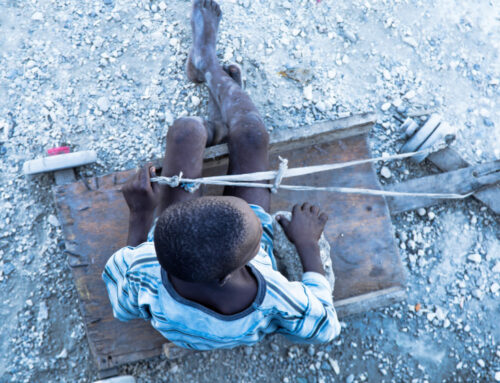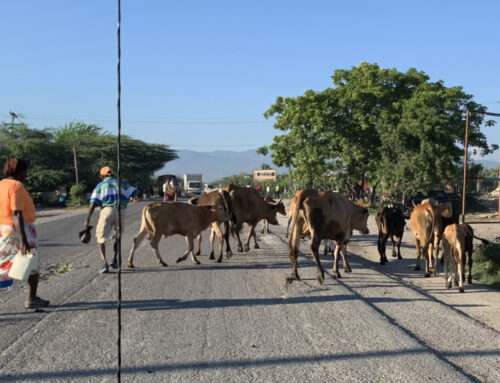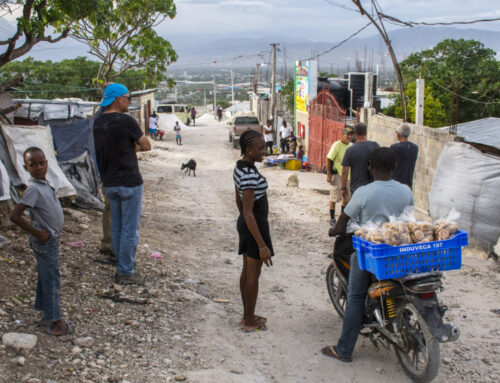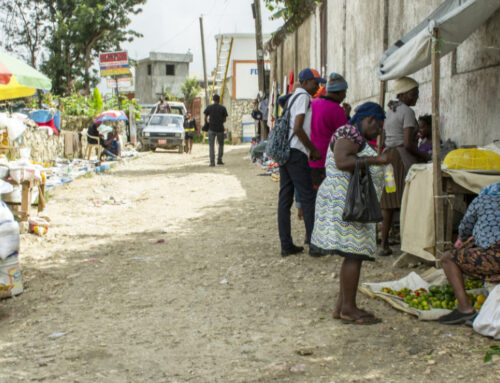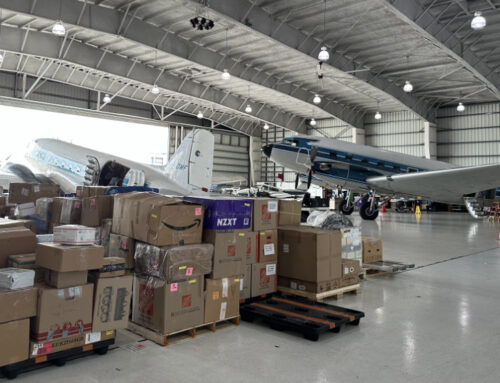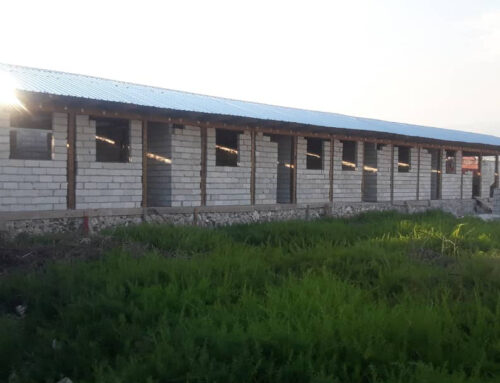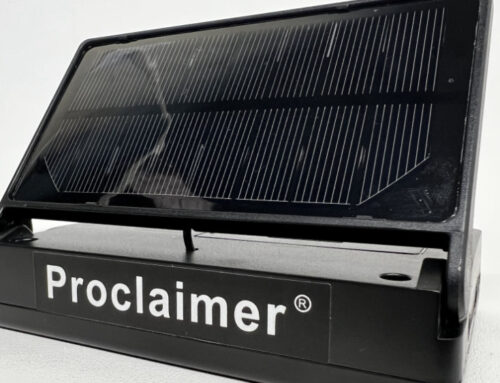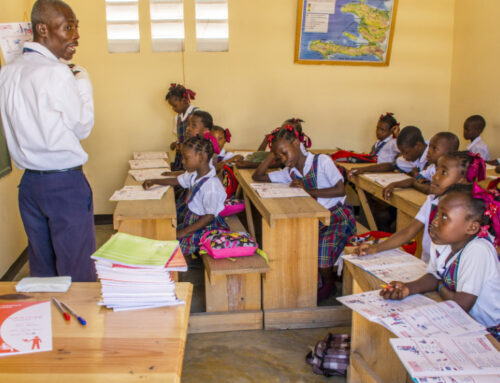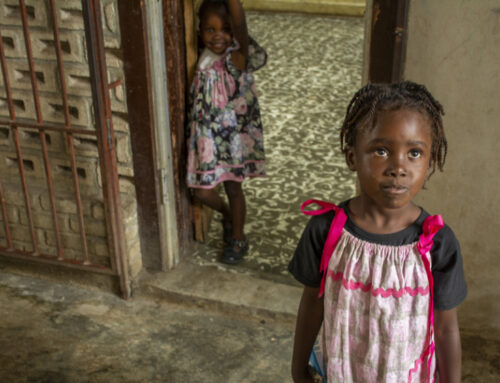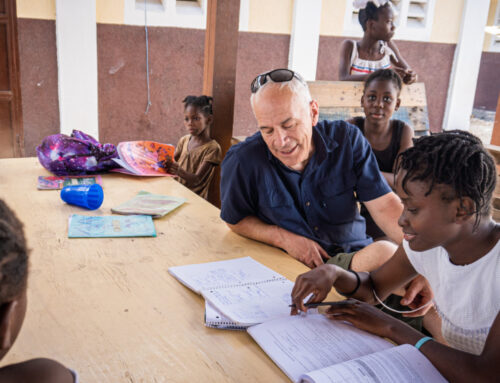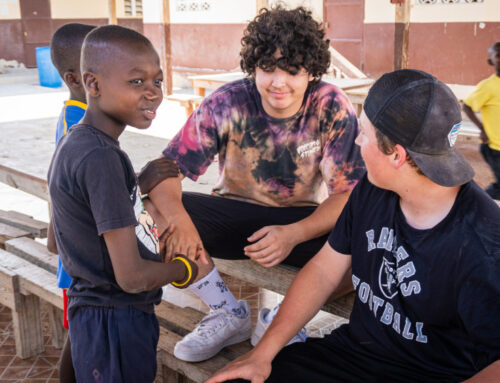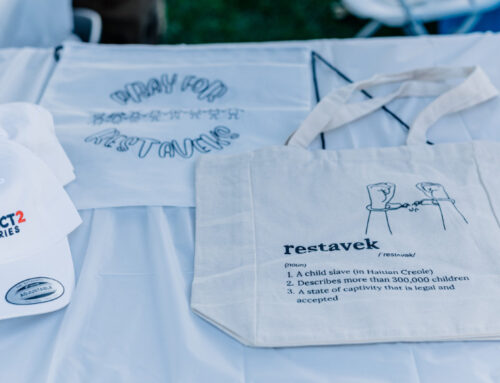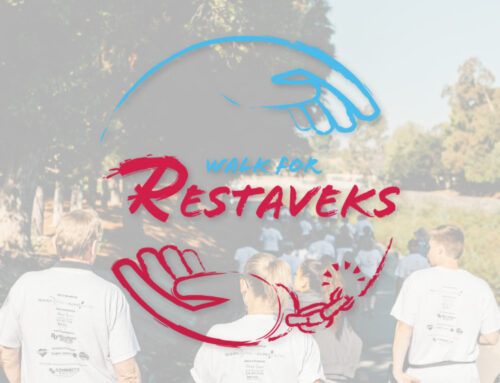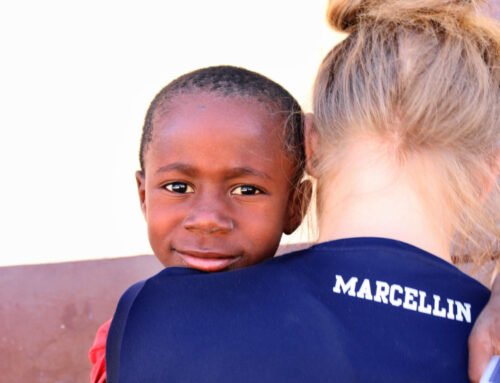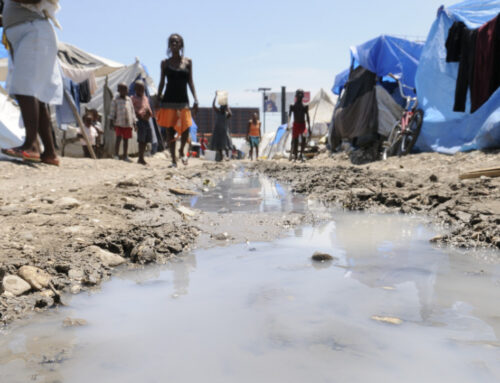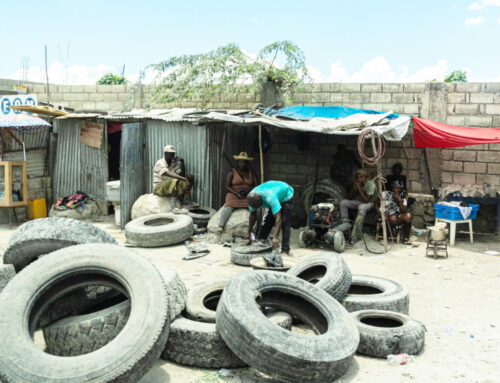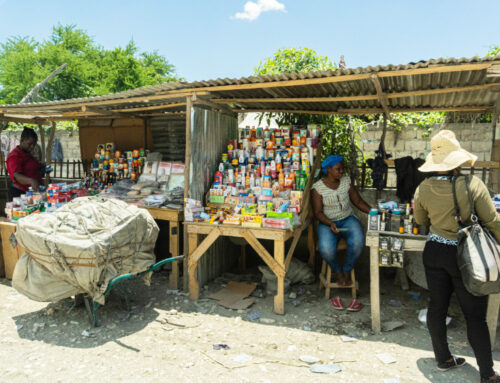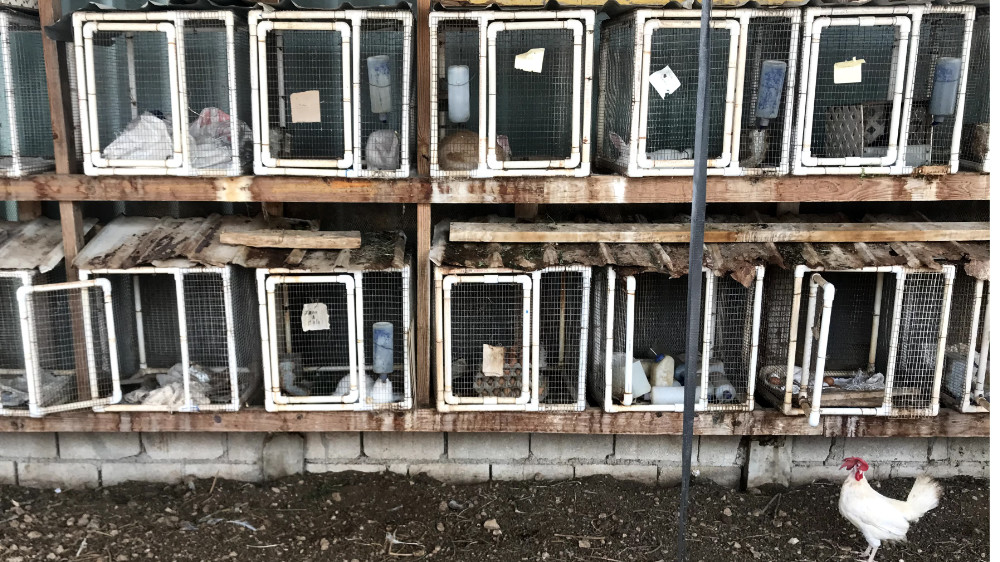
In Haiti, agricultural challenges and economic hardships are a reality year-round. Haiti’s terrain is mountainous, which limits agrarian land. In many areas, the country has also experienced soil erosion and reduced fertility over time. Even in places where agricultural farming occurs, there’s no escaping natural disasters like hurricanes and earthquakes. For all these reasons, farming is a risky business.
That’s why at Connect 2 Ministries, we’ve focused on raising and keeping farm animals as a more sustainable solution. In the past, we’ve kept goats, chickens, and rabbits at the C2M compound. We would teach our children how to raise them and use them as sustenance for our kids and staff, along with the broader community. Due to gang activity in the Onaville area, much of those resources have been lost—but raising farm animals still has the potential to make a powerful impact. Here are a few examples.
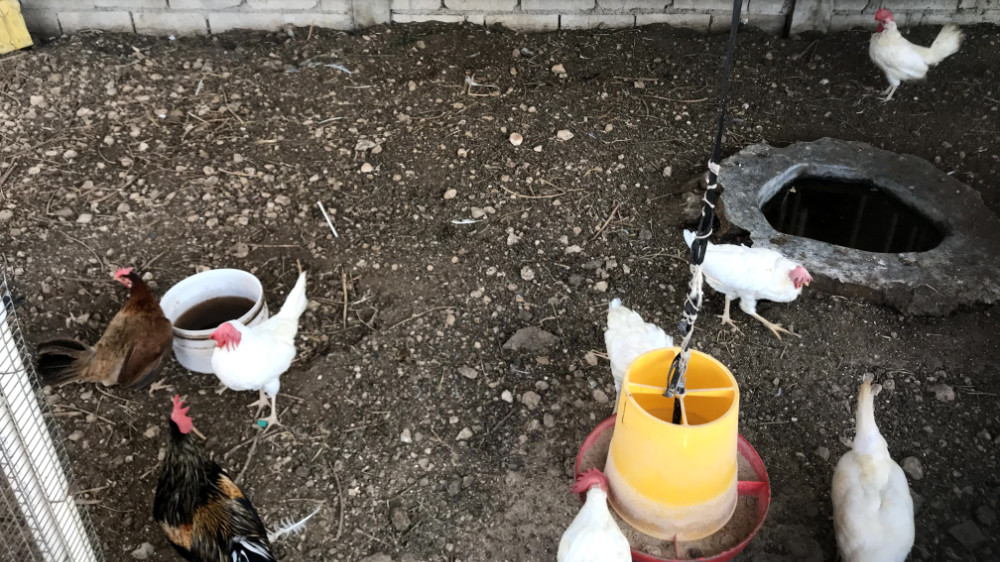
Chickens. Owning chickens increases food security. Chickens produce eggs regularly, and they require relatively modest resources for upkeep. The protein-rich eggs not only sustain the nutritional needs of families but also present an opportunity for surplus eggs to be sold or traded within the community. This additional income contributes to a family’s financial stability and their ability to access other essential resources. At our compound, the main value of chickens is the eggs. The vision for the future, though, is that once we get enough chickens to exceed the needs of our kids, we’ll sell the eggs. Until then, keeping chickens allows our kids to learn valuable skills required for raising chickens. In the long run, this will prepare them to go out with ten chickens we would hope to supply, starting their own businesses with those resources as a basic level of support.
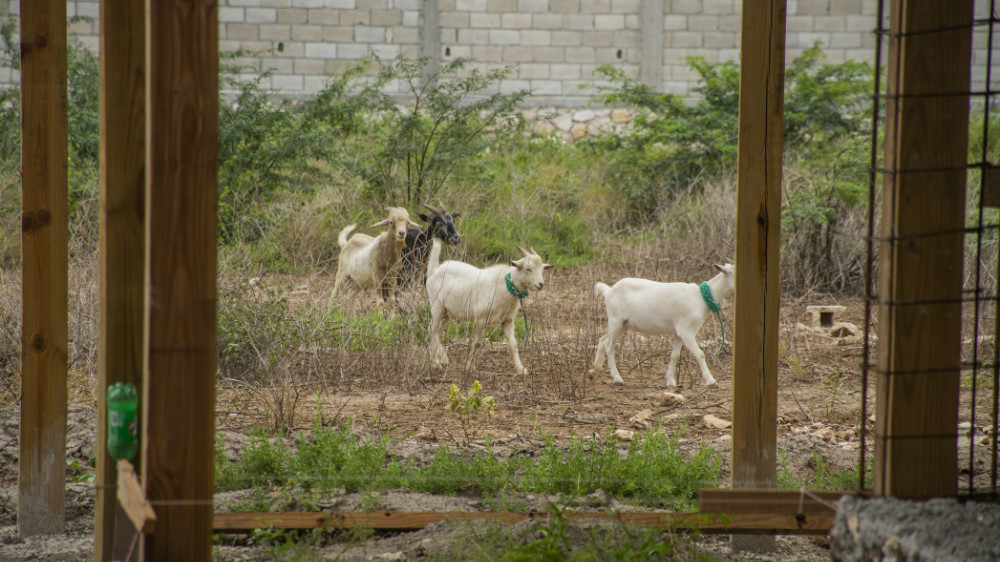
Goats. Goats require minimal maintenance, thriving in diverse and challenging environments, yet the milk from one goat can significantly help to sustain a family. What we’ve done in the past is allow a family from one of our churches to foster two goats, a male and a female—they would keep the goats until the female was pregnant, then the family could keep the baby after its birth, and we’d take the parents back. It was a support mechanism for our people. Our goal is that in the future, we would have enough goats to offer milk as a form of sustenance for the community, particularly in supporting our maternity clinic and the needs of malnourished children.
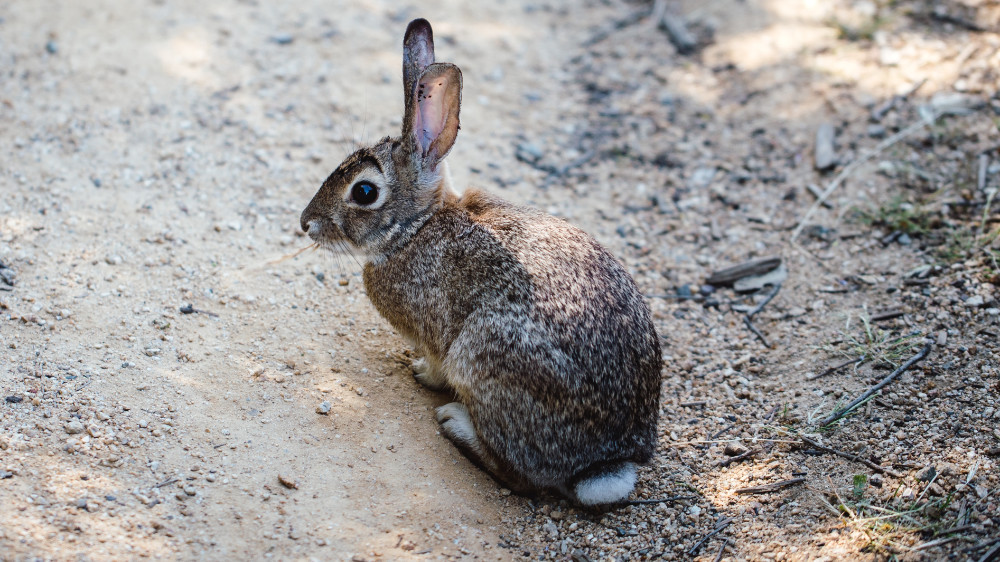
Rabbits. Rabbits offer a sustainable solution to both protein deficiency and income generation. Rabbits reproduce rapidly (with short gestation periods), establishing a steady source of meat within a short span of time. We have hutches already at the compound, and when they were full, we could maintain about 100 at a time, eating around twenty per week. Ideally, families from the community would take excess from us. If you have a family, when you kill a rabbit, there’s no loss of meat. With a goat, the potential for loss is greater; you might have to sell meat because the family can’t eat it all (and freezing meat is out of the question). With rabbits, you can buy one and have protein for the week. The impact of rabbit farming—and for our children, of knowing how to raise and keep rabbits—extends beyond food for a meal. It means access to skills and knowledge that can break the cycle of poverty and malnutrition in Haiti.
The goal in all of this is to train our pastors, and our children as they integrate into Haitian society, to deal with the needs of the community. Our goal is to enable the church to provide for the community. We do it by providing jobs, education, and rescuing kids, and helping the pastor become a servant of the community rather than a recipient. In all of this, the church becomes a hopeful place of resource, a place the community loves—and God’s people in Haiti become a light in some very practical ways. By providing reliable sources of nutrition, generating income, and equipping the next generation with essential skills, farm animals become catalysts for positive change. And all of that makes communicating the gospel easy—we begin to see incredible opportunities when people know the church is a place of hope.
Visit give.connect2ministries.org to learn how you can Give This Christmas.
Share This Story!
Join Our Email List!
Get our blogs delivered directly in your email, don’t miss an opportunity to read about our mission to save children and bringing the Gospel to Haiti.

